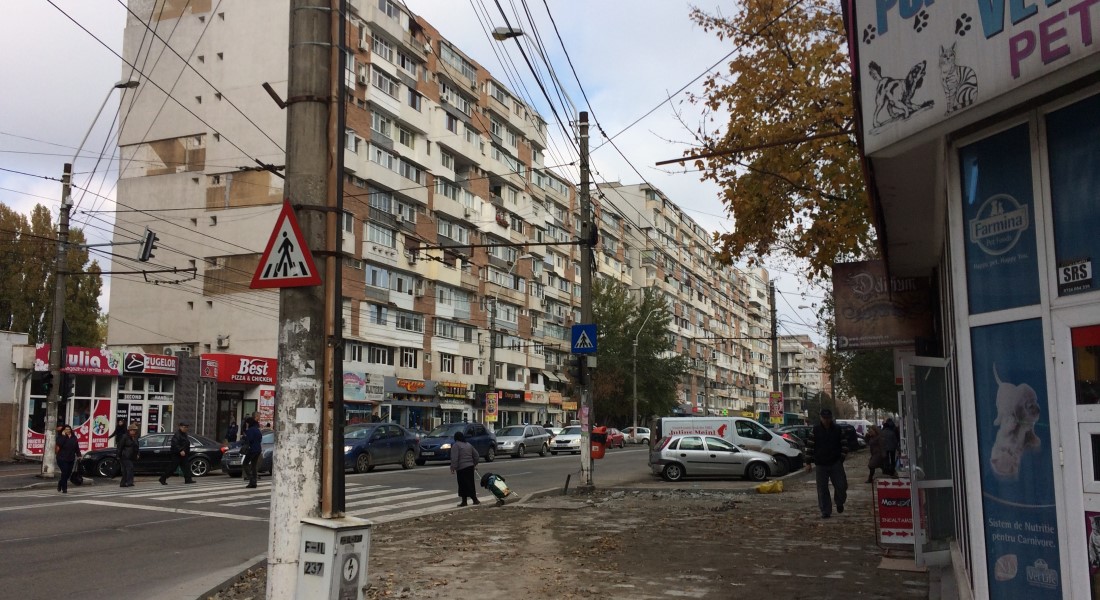Who are the people behind human trafficking?
With support from the EU, a new anthropological project will paint a more accurate picture of human traffickers through fieldwork in Romania and Portugal. Who are they, and how does human trafficking take place on the ground? These are some of the key questions.

Even though there is a strong political focus on human trafficking and large financial resources are allocated to national and international efforts, we know little about the people who are convicted of organising and carrying out human trafficking across Europe.
A new project led by Assistant Professor Trine Mygind Korsby from the Department of Anthropology will now remedy that deficiency with local studies in Romania and Portugal thanks to an EU grant of 286.191,36 euro. The project entitled 'Human Traffickers: The social circuits of human trafficking and transnational, organized crime' is funded by EU's Marie Skłodowska Curie programme.
With field studies in Galati in eastern Romania, where part of human trafficking originates, and interviews with Romanian traffickers imprisoned in Portugal, Korsby will map and analyse the social reality of human traffickers:
“The project is both about how human trafficking happens on the ground and how local crime becomes international, but also about the social relations of the human traffickers. What happens when people become ‘human traffickers’, both in their own eyes and in the eyes of others, and which role do traffickers' social relations play in their criminal activities?”
Specifically, the project will illuminate:
- How human trafficking is carried out by traffickers on the ground, and thus how national criminal networks make their illegal business transnational.
- The ways in which the kinship relations and social relationships of human traffickers hinder or enable their transnational criminal livelihood.
- The lives of human traffickers both during and after imprisonment and their navigation of legal and illegal work domains.
Beyond the stereotypes
Southern European countries are known as prime destinations for human trafficking within Europe, and Trine Mygind Korsby herself has in previous research projects investigated international crime, sex work and pimping in Romania, Italy and Portugal.
In her new project, Trine Mygind Korsby, who speaks Romanian, will have the opportunity to get even closer to those who organise sex work across national borders in cases classified as human trafficking.
“Human trafficking has long been on the international agenda, but we know surprisingly little about the people classified as human traffickers. Often the debate is dominated by stereotypes in the media, in movies and in political debates. This project is about looking beyond such stereotypes,” Trine Mygind Korsby says.
She also points to the problematic conflation of concepts such as sex work and human trafficking and hopes that the project can lead to a more nuanced understanding of these complex issues. Ultimately, she hopes that the project will add to the tools of professionals who are working to combat human trafficking, such as social workers, lawyers and policy makers.
See the project abstract at the European Commission.
Contact
Trine Mygind Korsby
Assistant professor, Department of Anthropology
Email: trine.korsby@anthro.ku.dk
Telephone: +45 35 32 34 81
